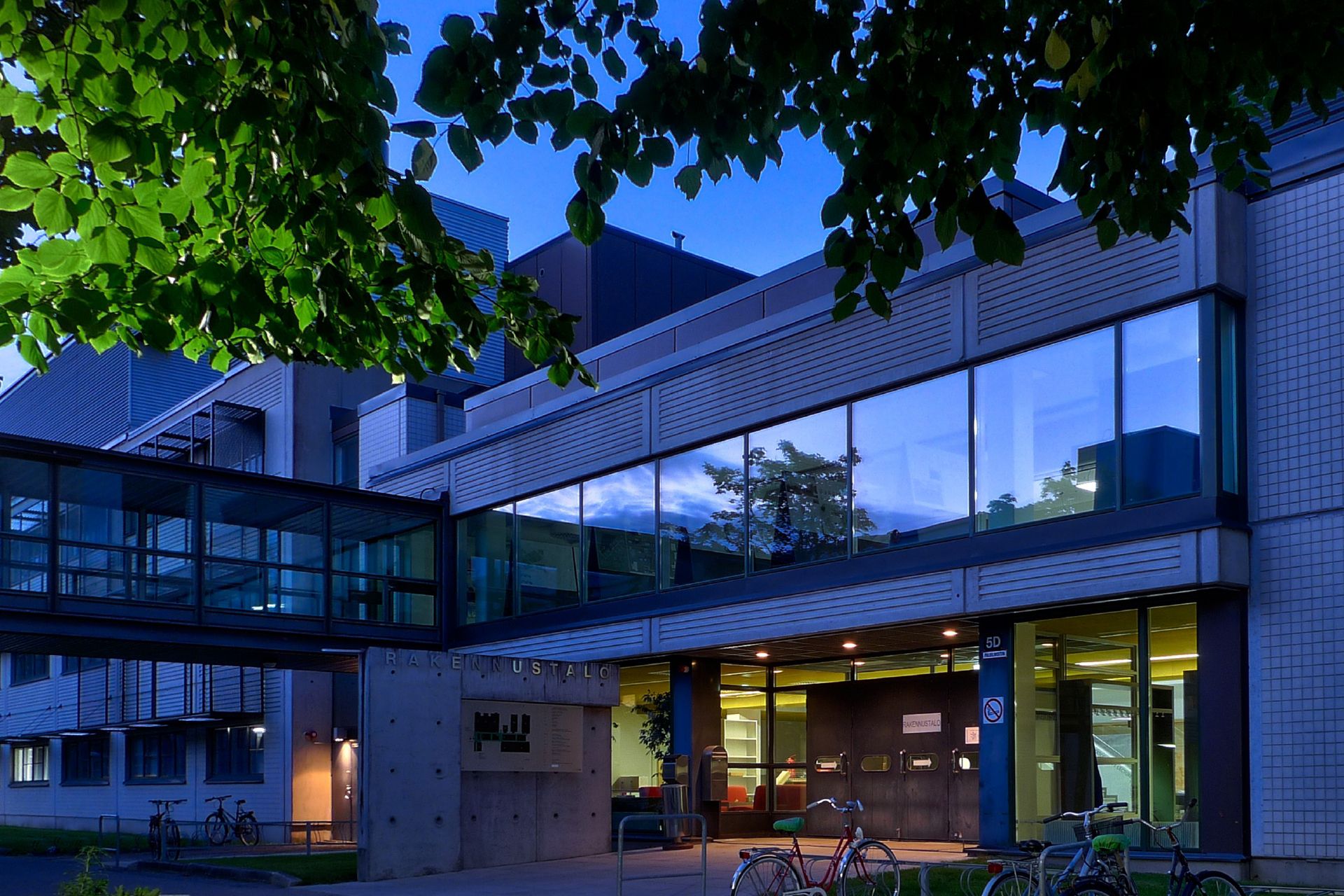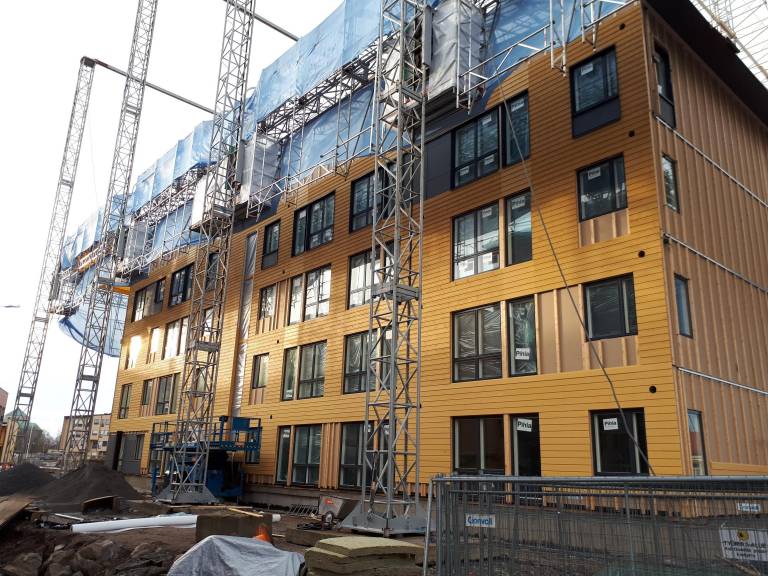Given that the ‘face’ of architecture and urban planning in history, media, awards, practice directorships, and pedagogical approaches is still male and western-centric (e.g. case studies mostly by male western architects), our aim is to broaden and diversity these perspectives to be more inclusive of the theoretical and practical work of female and non-western architectural practitioners, thinkers, educators, and authors, including those within the school of architecture, and beyond. To advocate for a diversity of voices to be heard and seen is not to exclude other voices or certain traditions, but to advocate for those voices usually excluded and un(der)recognised.
It cannot be ignored that while student numbers in schools of architecture tend to be gender-balanced (often slightly more women), this has generally not translated into more women running their own practice or being represented at senior levels of academia. Inasmuch, women perspectives, as well as those from other unrepresented communities, are excluded at diverse levels of decision-making processes with tangible consequences to their lives and their experiences of the built environment around them. Therefore, showcasing role models is important, but of equal significance is the inclusion of diverse voices that represent the society we design or plan for to create an accessible, inclusive, and just built environment.
To achieve our aim, we are organizing a public lecture series entitled, People, Space, and Gender. Through these lectures, we are looking forward to showcasing the work of women architects and planners as well as women researchers investigating women’s experiences of urban space who are engaging in and with feminist and decolonial theoretical debates and philosophical perspectives.
Follow WiBEN via the Sustainable Architecture site.




Kommentit